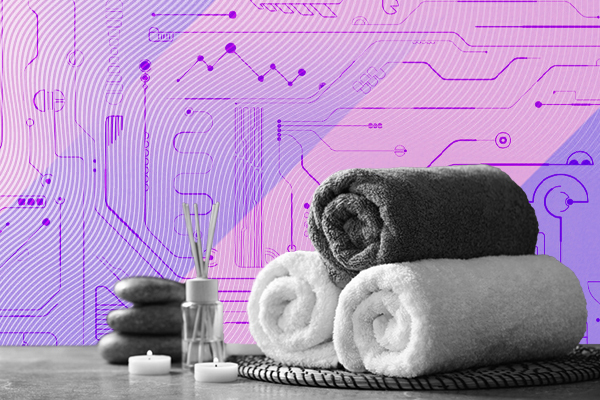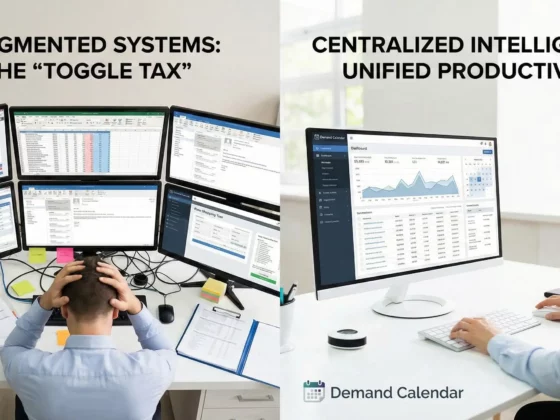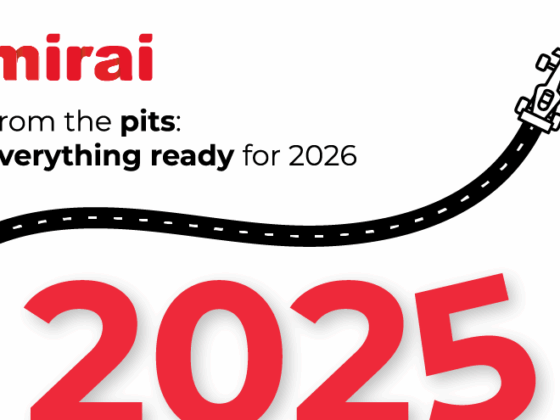
Wellness tourism, focused on enhancing physical, mental, and spiritual well-being, has grown in popularity globally, reflecting an increased societal focus on health-conscious travel experiences. The pressures of modern life, such as work demands, extended hours and constant connectivity, have amplified the appeal of wellness-focused travel. Many tourists, particularly older adults and health-conscious individuals, are now seeking holidays that emphasize well-being and preventive health care.
According to research by the Global Wellness Institute, in its annual state of the global wellness sector, although wellness tourism faced a significant setback from 2019 to 2020, falling from $720 billion to $351 billion, it has rebounded at 36% annual spending growth and a 30% annual increase in wellness trips from 2020 to 2022. These figures outpace the overall tourism growth rates of 23.8% for expenditures and 28.4% for trips, underscoring the sector’s rapid recovery and substantial market potential.
In order to meet the changing demands of wellness tourists and stay competitive in the market, hotel properties need to adopt innovative technologies to offer personalized wellness experiences. Guests now arrive equipped with health data from smart devices, and more hotels are increasingly exploring ways to provide bespoke wellness experiences, ranging from spa treatments and fitness programs, to sleep therapy. By leveraging these technologies, hotels can create tailored wellness services, offering everything from guided meditation and cryotherapy to infrared saunas, thereby transforming the guest experience and ensuring a memorable stay.
Driven by its rich cultural heritage and focus on health rejuvenation, the Asia-Pacific region has become a focal point for this resurgence in wellness tourism. A report from Knowledge Sourcing Intelligence LLP highlights the region’s rapid expansion in wellness tourism, attributing its popularity to unique wellness practices and scenic locations. This presents a lucrative opportunity for hotels to differentiate themselves by integrating advanced technologies to attract more guests and increase revenue.
Leveraging Tech for Bespoke Services
Within the hospitality sector, the emphasis on crafting unique experiences is stronger than ever, particularly when it comes to wellness. Hotels across the region are increasingly offering specialized treatments, state-of-the-art fitness centers and wellness-themed guestrooms and large spas and luxury hotels are at the forefront of this trend.
Many hotels, however, are still grappling with outdated property management systems (PMS). Without modernizing these systems, these properties are at risk of falling behind in meeting the wellness expectations of their guests, which can lead to a loss in guest satisfaction, revenue and, even, staff retention. By leveraging technology and data-driven insights, hotels can tailor their wellness offerings to the specific needs and preferences of each guest, creating unforgettable local wellness experiences.
Here are just some of the ways hotels can integrate technology into their services to boost wellness offerings:
1. Deliver personalized messaging via specialized software. With the help of comprehensive modern hotel spa management software, spas and properties can now gain a complete view of each guest, enabling them to craft more personalized messages and offers.
This approach aims to optimize business operations and enhance interactions with guests. Understanding each guest’s preferences and trends allows hotels and spa operators to better identify their target markets, create timely and relevant marketing communications and craft memorable, personalized experiences, which help build stronger relationships with guests, nurture brand loyalty and drive repeat business.
2. Customize on-site services and identify new offerings. Properties can enhance on-site wellness services and identify new product offerings by utilizing data from advanced property management systems, which provide comprehensive guest profiles that include preferences and history. By monitoring trends and leveraging customer experience data from these systems, hotels can pinpoint gaps in their current offerings and develop new services that attract and retain guests.
For instance, combining market data with guest feedback allows hotels to introduce targeted promotions or new amenities that meet emerging needs. Advanced analytics such as geolocation data and purchase histories of customers, can also help hotels identify potential business partners who offer complementary services. This proactive customization not only enriches the guest experience but also fosters loyalty by providing tailored services that resonate with guests’ desires and interests.
3. Promote local wellness experiences. Another key way to enhance the guest experience is by curating and promoting unique local wellness activities that might otherwise go unnoticed. Despite thorough research, guests often miss out on the local gems that locals cherish. Hotels can play a crucial role in connecting guests to these authentic experiences, thereby boosting their overall satisfaction.
Modern property management systems are capable of automating mundane tasks and empower employees with vital guest information, enabling a high level of personalized service. These advanced systems seamlessly integrate with various solutions, allowing guests to customize their stay by accessing local activities and wellness amenities directly when booking their rooms. By leveraging PMS data, hotels can identify popular local attractions and tailor recommendations to each guest’s interests. This helps with positioning the hotel as a valuable gateway to local wellness culture, providing guests with a deeper connection to their destination.
Given the intense competition within the sector, it is crucial for hotel businesses to effectively promote wellness services while improving guest satisfaction. By incorporating technologies, such as point-of-sale systems, property management systems and CRM solutions, hotels can effectively track customer information, manage inventory, process transactions and handle reservations. These solutions can make tasks more manageable and help businesses meet the rising expectations of modern-day customers.
Story contributed by Tony Marshall, VP and managing director at Agilysys.










